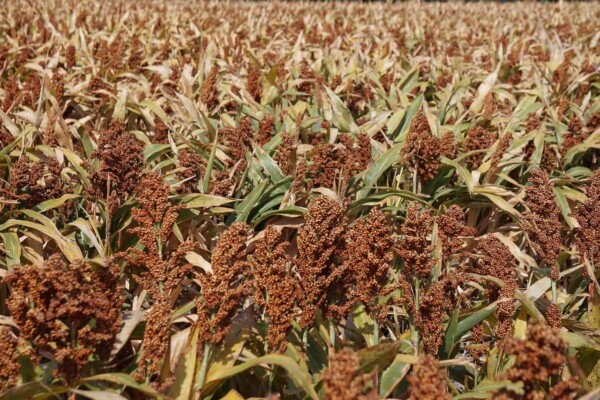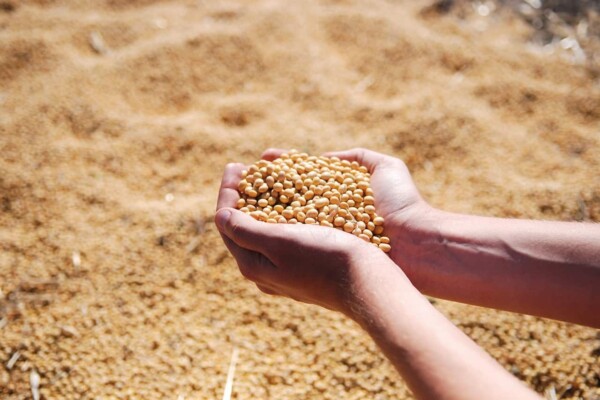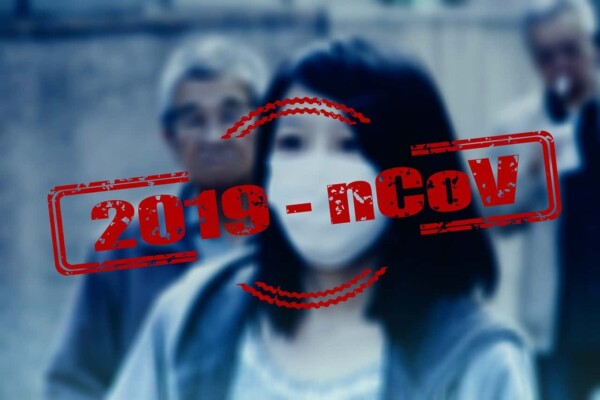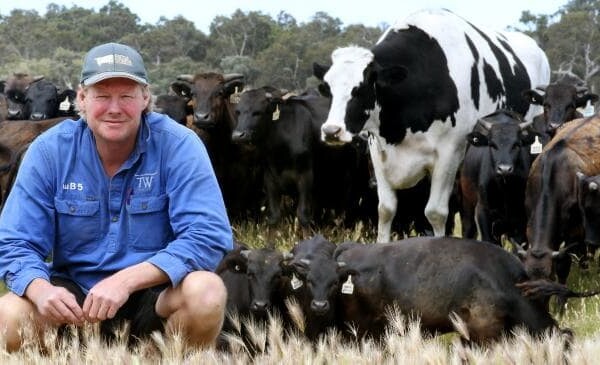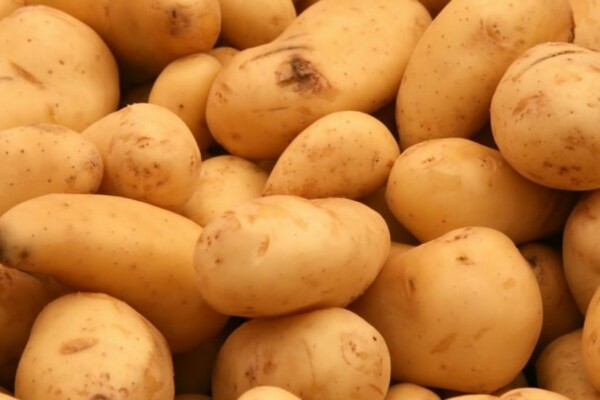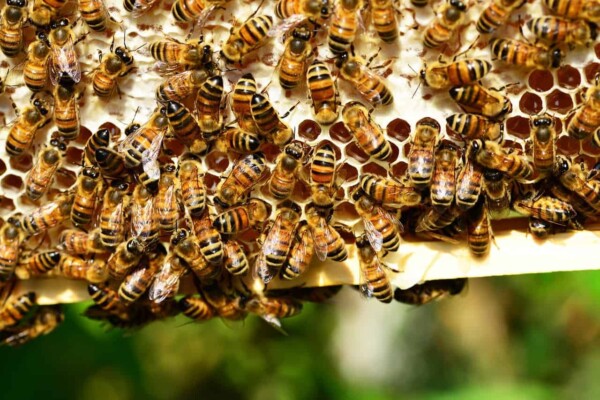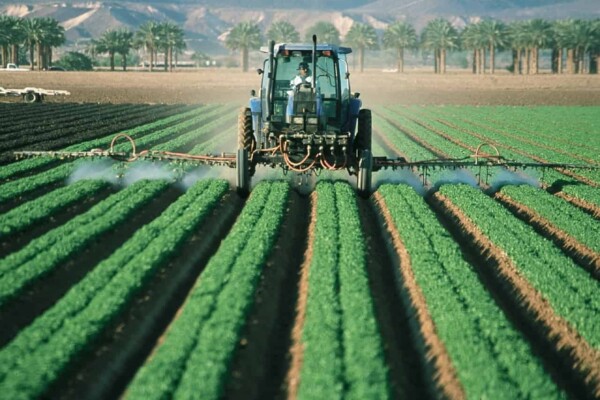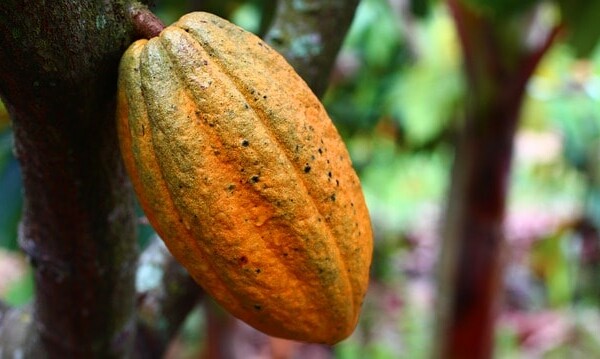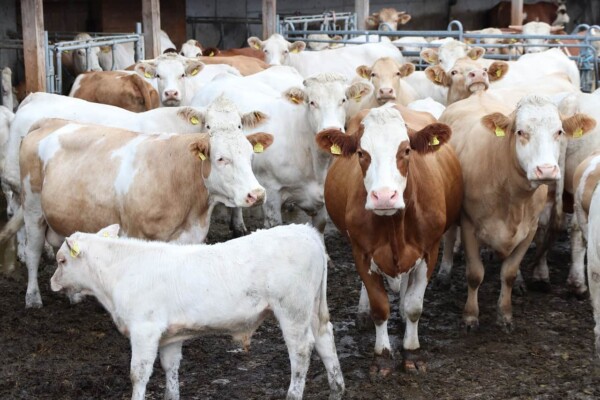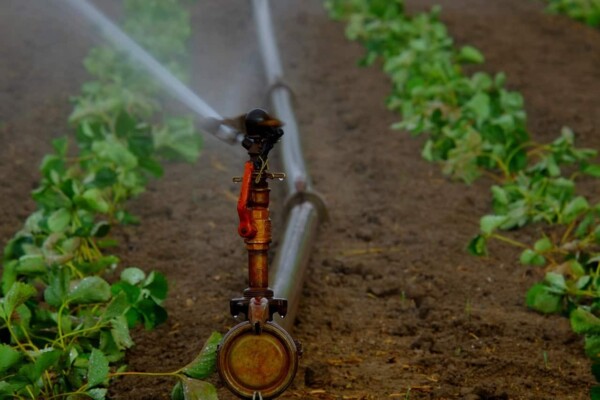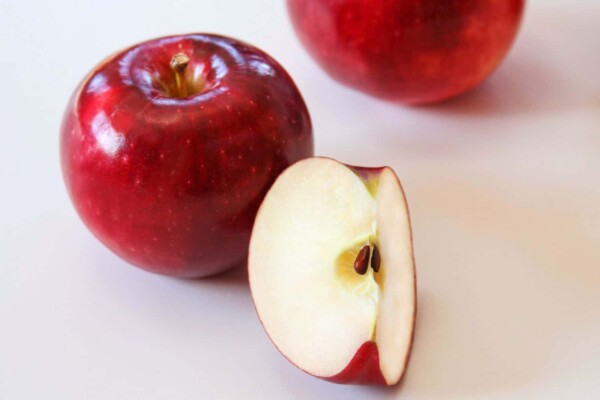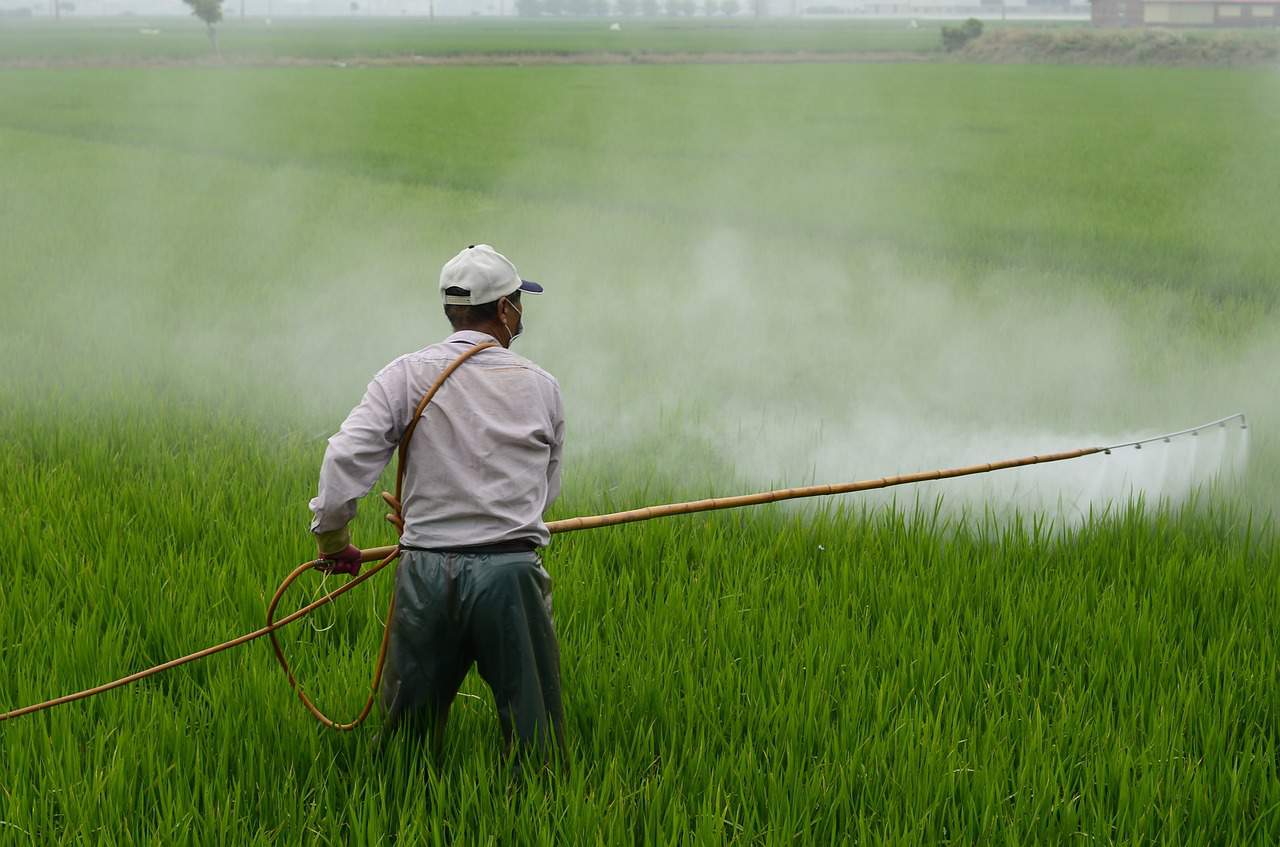
After 2 years of negotiations and debates, the European Commission grants a new five-year license for the use of the controversial glyphosate chemical, the most widely used herbicide in the world.
The use of this substance has divided ecologists and farmers who have held different opinions on the glyphosate ban.
The European Union has approved the use of glyphosate for weed control over the next five years, after a fierce debate that it would cause cancer among other negative effects.
There has been a real controversy in Europe over the past two years with regard to this chemical, a key ingredient used in Monsanto’s Roundup product, whose license was about to expire in December 2017.
The herbicide has been used by farmers for over 40 years, but its safety has been questioned when a World Health Organization agency, the International Agency for Research on Cancer, concluded in 2015 that it “probably causes cancer.”
The European Union has agreed to revise the license for 18 months pending the results of a European Chemicals Agency study that said in March this year that there is no evidence linking glyphosate to human cancer.
The vote on the re-authorization of glyphosate comes as the European Commission asked for a vote in a Permanent Commission made up of delegated experts from each of the 28 EU member governments to re-authorize the use of the herbicide for a new 10-year period. However, the European Commission has only approved five years, a sufficient reason for critical voices to reiterate the dangers of using this chemical in agriculture.
Ecologists from Greenpeace and other critics are calling for a total ban on glyphosate in Europe.
18 countries voted in favor of the Commission’s proposal, 9 opposed it, and one abstained, allowing the reach of the required qualified majority, as opposed to a first vote held on November 9 2017. In the previous vote, 9 countries voted against – including France and Italy – two influential countries from a demographical point of view.
Germany, who abstained in the previous voting round, voted for the authorization, after asking for changes to the proposed text on restrictions on private use of glyphosate and respect for biodiversity. This demographic change in Germany has put the balance in favor of a new authorization.
The controversial herbicide was ranked 2015 as “probably carcinogenic” for humans by the International Agency for Research on Cancer (IARC), a World Health Organization (WHO) agency.
Glyphosate – “probably carcinogenic”
Greenpeace activists that are strongly against the use of glyphosate refer to a research study conducted in 2015 by the International Agency for Research on Cancer, which concluded that this herbicide is “probably carcinogenic”.
On the other hand, the European Food Safety Authority and the European Chemicals Agency say glyphosate is unlikely to cause cancer in humans. In addition, the producer of the controversial herbicide, Monsanto insists that glyphosate meets the standards needed to renew its European license.
This doesn’t guarantee a “free pass” for Monsanto, since the states that voted against the authorization have the possibility to ban commercialization of glyphosate in their jurisdiction. In the end it will all come down to the measures taken by each opposing state to prevent the use and commercialization of this substance.

